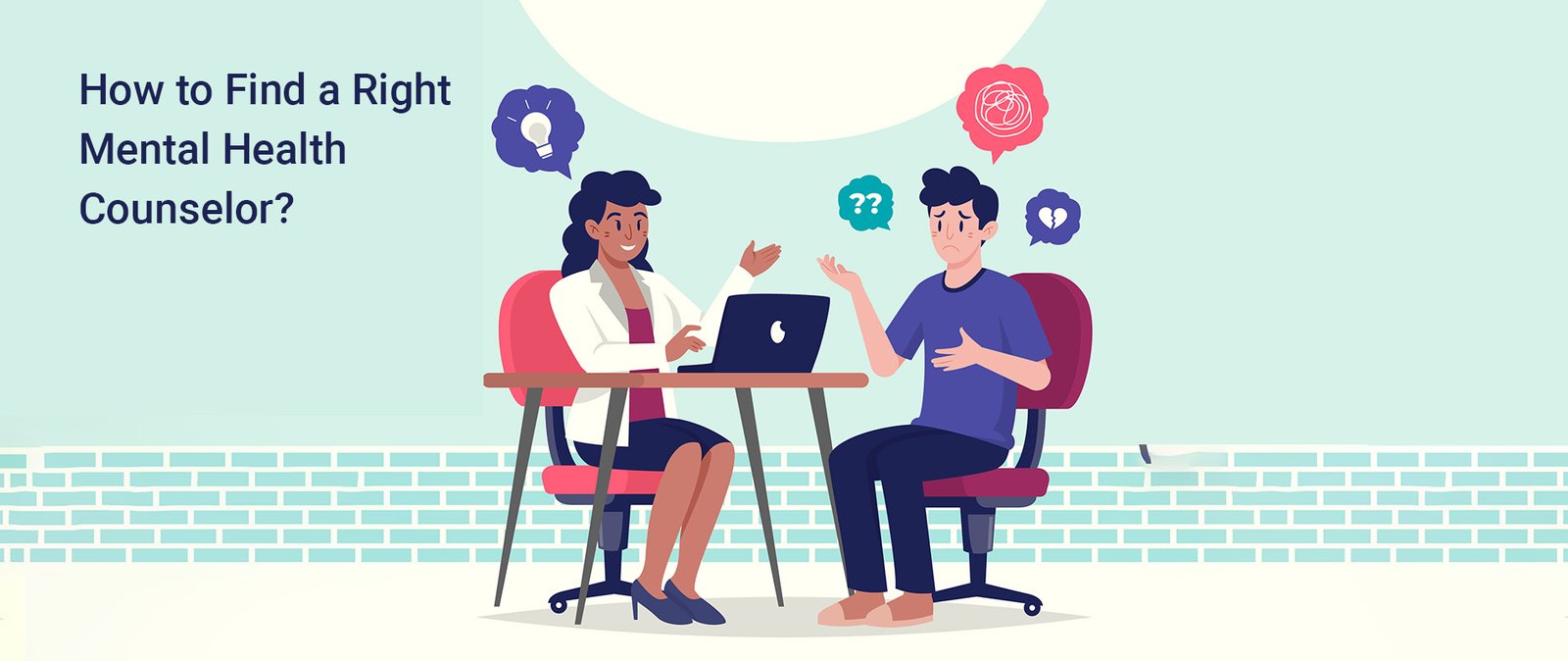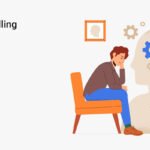Imagine you are having a very tiring day. You might have fought with your colleagues
at your workplace or you think your family members are not understanding you or you’re just having a bad day. You are really frustrated and say to yourself that – “nothing good can happen with me today.” So, you just decide to sit down and listen to your favorite song or music that always calms you down. You listen to that song with your eyes closed and Bam! your mood changes 360⁰. That is the power of music, melody, Tune.
Music often hits us on a very deep level. Whether it is sad music that helps us feel relatable when we are going through hard times or joyful music that adds an extra bounce to your step, music is incredibly powerful.
You might wonder if I tell you there is a separate therapy in Psychology known as Music therapy which uses music to improve and maintain the physical, psychological, and social well-being of a person.
What are the benefits of music therapy?
The positive effects of music therapy are not only restricted to coping with severe or long-lasting physical or psychological problems but, it can help people in a variety of other situations as well. Music is also used to reduce stress levels and pain perception among mothers in labor. It is also seen to be associated with improving self-esteem, self-concept, verbal communication, prosocial behavior, group cohesion, coping skills, reduce stress etc.
It can actually be used as a treatment for physical as well as psychological disorders or problems. Music therapy evokes positive emotions in a person and thus, music therapy can be useful for a lot of psychological disorders such as Depression, Anxiety, Insomnia, or other mood-related concerns. This type of therapy can also be very useful to cure physical ailments such as hypertension or cancer.
What exactly happens in a music therapy session?
Music therapy often happens on a group level. Here, all the people guide each other to create something new or listen something together. Sessions of music therapy may include playing various types of percussions, improvising on instruments through singing, listening to music, writing songs, discussing lyrics or even learning skills through instrument. Individual sessions may last for 45 minutes, whereas group sessions usually last for 60 minutes.
Impact of Indian classical music on the mind
Music in India has great potential. Indian classical music is known as the soul of every music. Then how can Psychology be an exception to this? Classical music greatly affects brain activity; it may have a positive impact on the hormonal system and that’s why people feel relaxed after listening to music.
While discussing Indian classical music, the magical word ‘Raaga’ comes into the picture which is the very heart of Hindustani Classical music. Shastra says every Raaga impacts a human mind and body. Every Raaga is characterized by its own ‘Ras’ or ‘mood’ The acknowledged order of the 9 sentiments, or emotions what we call it as ‘Navras’: romantic and erotic, humorous, pathetic, anger, heroic, fearful, disgust, amazement, and peaceful. Each Raga, in addition to being associated with a particular mood, is also closely connected to a particular time of day or a season of the year.
Regular exposure to specific Raagas under specific conditions has clearly identified effects. While Raag Nilambari can induce sleep, Raag Bhupala when played before dawn serve as a pleasing invitation for people to wake up from sleep. Bilahari, a joy-producing Raag helps to alleviate melancholic mood and Sama Raag can help to reduce anxiety. Bhoop is known as the uplifting Raag, Kedar is known as the peaceful Raag, Malkans is known as soothing, calming and developing feelings of love Raag. So, all the Raagas have their own mood. Did you know few Bollywood songs such as ‘ghoomar’ or ‘Chaiyya chaiyya’ also had a strong grounding in Indian ragas? And that’s one of the reasons we find few songs really addictive.
“Music has a healing power. It has the ability to take people out of themselves for a few hours” – Elton John









